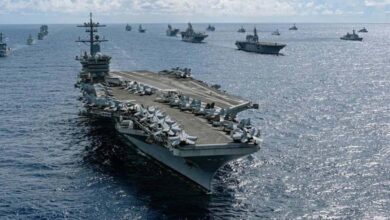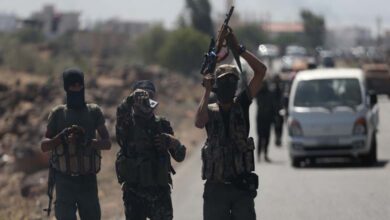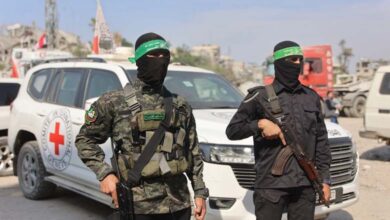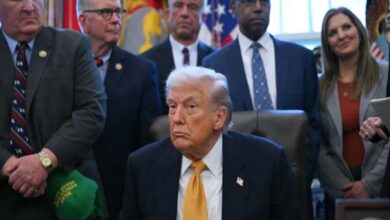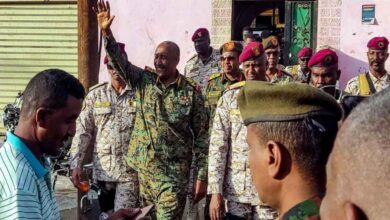Hezbollah’s knockout strike strategy falters amid Israeli divisions
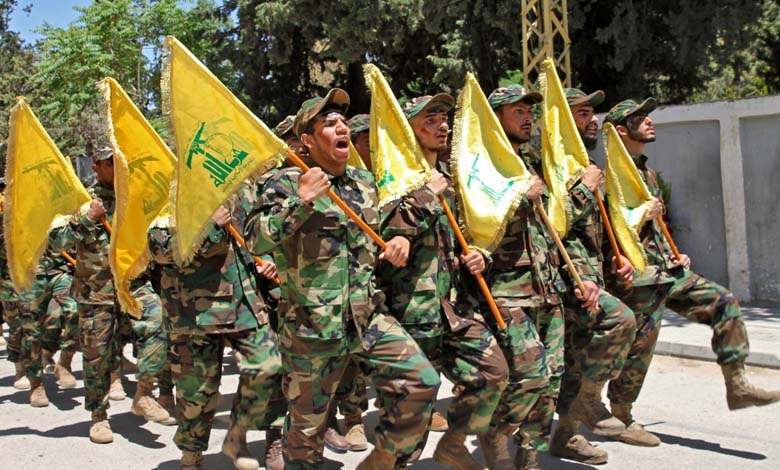
A split has emerged within Israel’s security establishment: one camp calls for a decisive blow to eliminate the threat, while another prefers maintaining current operations to avoid a full-scale escalation.
The Hebrew daily Yedioth Ahronoth reported on Friday that Israel’s political and military circles are divided over the level and nature of the response required against Hezbollah, amid intensified airstrikes in southern Lebanon.
In an article titled “Israel’s Dilemma: When to Strike Hezbollah?”, the newspaper, citing unnamed military sources, revealed disagreements within the Israeli defense establishment — between those advocating for more aggressive strikes to cripple Hezbollah’s capabilities, and others favoring limited, targeted operations.
According to the report, some officials urge maintaining the current pace of operations to avoid a wider confrontation and preserve international support, while others demand a decisive strike to end Hezbollah’s growing threat once and for all.
The report notes that the group “has recently intensified efforts to rebuild its military and economic infrastructure after the losses sustained in the previous war,” raising growing concerns within Israeli intelligence circles.
Israeli intelligence agencies have reportedly detected “training activities, weapons transfers, and the rehabilitation” of Hezbollah networks in southern Lebanon,pointing to “the Lebanese state’s inability to exert effective control despite repeated Israeli warnings.” Beirut has not commented on these claims.
Under U.S.-Israeli pressure, the Lebanese government decided on August 5 to restrict the possession of arms to the state — a move implicitly targeting Hezbollah.
On Thursday, the Israeli army carried out a series of airstrikes on several towns in southern Lebanon, after ordering civilians to evacuate in what was described as the largest such warning since the truce took effect, marking a significant escalation along the border.
Yedioth Ahronoth reported that over the past month, Israel has launched dozens of strikes on Hezbollah positions, including weapons depots and missile production facilities near the southern city of Tyre.
A senior Israeli military official stated that “Hezbollah is no longer as strong as it once was” and “has lost a significant portion of its field commanders,” yet “the missile threat remains.” He added that Israel “currently holds positions inside Lebanese territory.”
The paper further reported that Israel “has prepared a comprehensive plan to deliver a powerful strike against Hezbollah,” but is “awaiting a political decision” to proceed.
Sources warned that “any retaliation by Hezbollah could ignite a new round of fighting along Israel’s northern border,” explaining the hesitation to authorize a large-scale assault.
In response, Hezbollah sent a letter on Thursday to Lebanese President Joseph Aoun, Speaker of Parliament Nabih Berri, and Prime Minister Nawaf Salam, affirming
its “legitimate right to resist occupation and aggression” and to “stand with the army and the people in defense of the country’s sovereignty.”
The Iran-aligned movement asserted that defending Lebanon “is not a matter of war or peace, but a legitimate right and a national duty in the face of an enemy that imposes war and continues its aggression.”
Prime Minister Nawaf Salam swiftly rejected Hezbollah’s stance, declaring during the Lebanon Technology and Artificial Intelligence Summit held Friday in Beirut that “decisions of war and peace are the sole prerogative of the government,” stressing that “no other party has a say in this matter.”
Salam described Israel’s current escalation in southern Lebanon as “extremely dangerous,” adding that Lebanon “is mobilizing all possible political, diplomatic, Arab, and international support to end this escalation, secure Israel’s full withdrawal from our territory, stop hostile operations, and achieve the release of prisoners.”
The southern front has reached a new level of tension after months of intermittent clashes following the ceasefire agreement of late November 2024, which ended a confrontation between Hezbollah and Israel that began in October 2023 and escalated into a full-scale war in September 2024, leaving more than 4,000 dead and over 17,000 injured.
Israel continues to occupy five southern Lebanese hills seized during the last conflict, along with other Lebanese territories it has held for decades.






